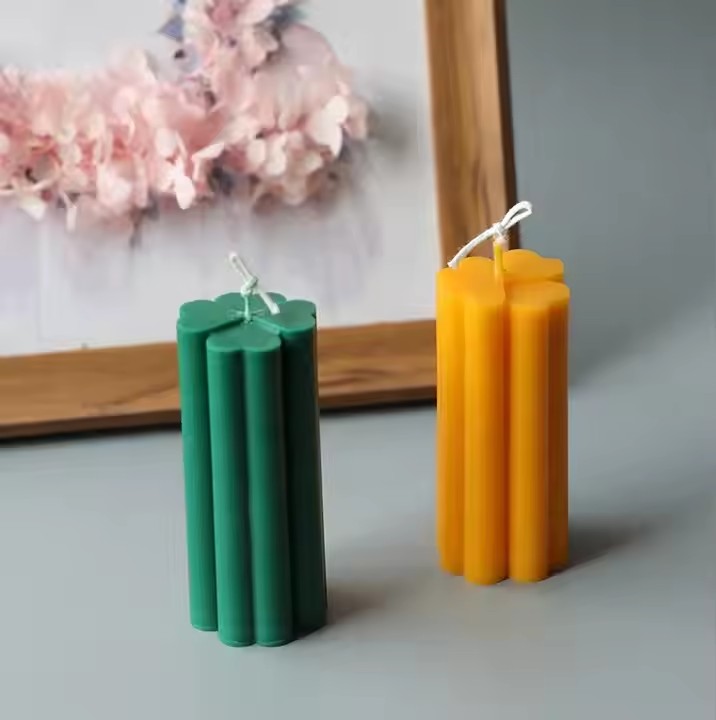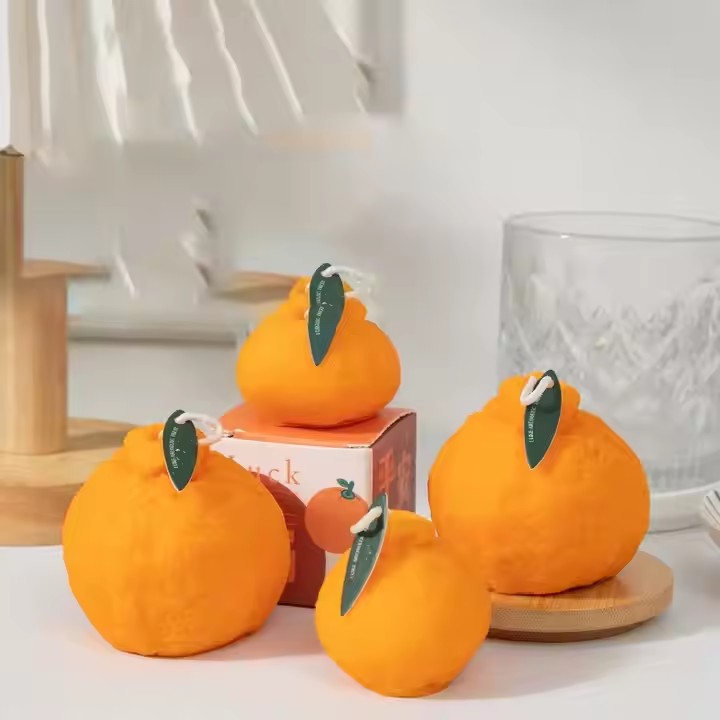Fragrance and Wax Matching Guide for Perfect Glass Jar Candles

Advantages of Glass Jar Candles: Safety, Aesthetics, and Customizability
19/07/2025
How to Use and Maintain Glass Jar Candles Properly
21/07/2025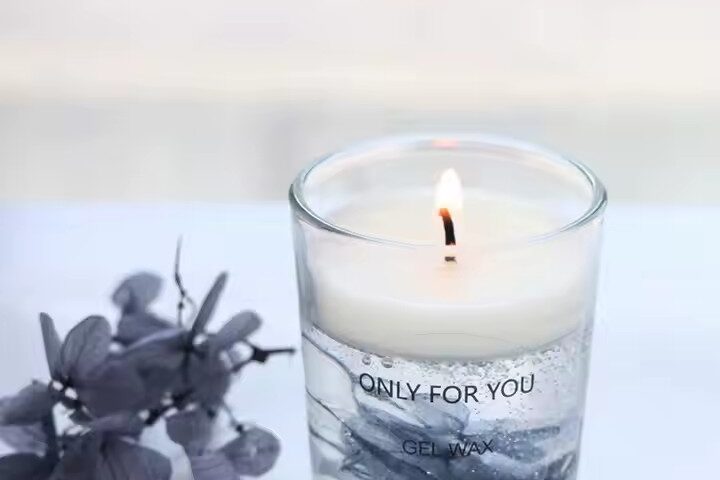
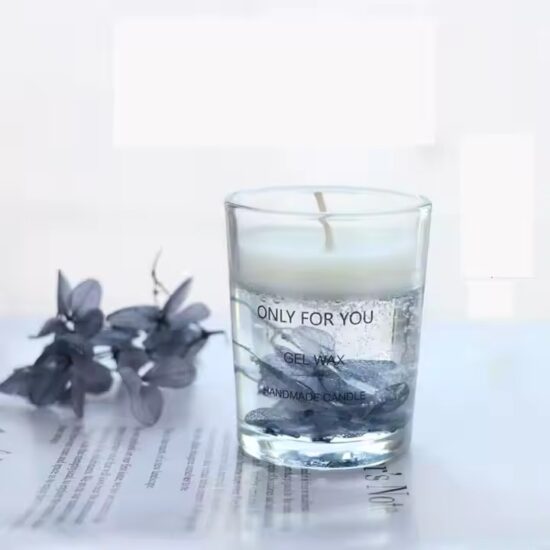
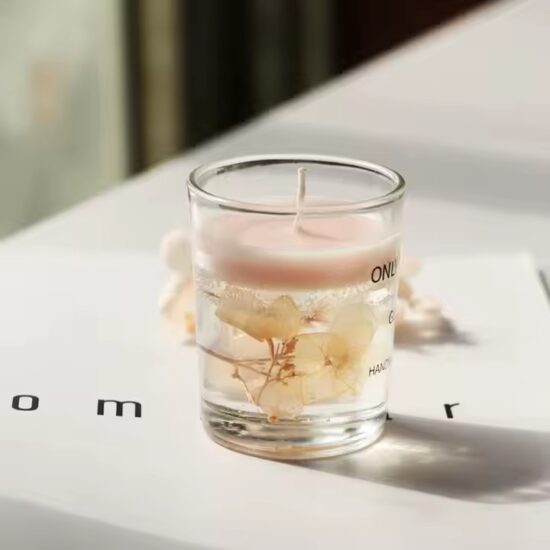
Fragrance and Wax Matching Guide for Perfect Glass Jar Candles
Creating the perfect glass jar candle is about more than just design—fragrance and wax compatibility is key to achieving excellent scent throw, smooth burning, and long-lasting customer satisfaction.
Whether you’re a candle manufacturer, private label brand, or wholesale supplier, knowing how to match the right fragrance with the ideal wax can elevate your product line significantly.
In this guide, we’ll cover how different wax types interact with fragrance oils, and offer expert tips for crafting balanced, premium-quality glass jar candles.
🕯️ Why Wax-Fragrance Compatibility Matters
When wax and fragrance oil are not properly matched, candles may:
-
Burn unevenly or produce soot
-
Have poor scent throw (hot or cold)
-
Discolor over time
-
Develop wet spots or tunneling
By choosing the right wax for your intended scent strength, burn time, and appearance, you ensure a stable, aromatic, and attractive candle product—especially in clear or frosted glass jars where aesthetics are also critical.
🧪 Common Wax Types and Their Fragrance Behavior
1. Soy Wax
A natural, eco-friendly wax derived from soybeans.
Pros:
-
Clean burn with minimal soot
-
Good fragrance retention
-
Matte, smooth surface when poured correctly
Best for:
-
Subtle to medium-intensity fragrances (lavender, citrus, vanilla)
-
Brands focused on natural or organic candles
-
Frosted or colored glass jars for a minimal look
Tip: Use fragrance oils with a flash point above 170°F and blend at 175–185°F for optimal scent throw.
2. Paraffin Wax
A petroleum-based wax commonly used in commercial candle production.
Pros:
-
Excellent cold and hot scent throw
-
Smooth finish and vibrant color hold
-
Fast cooling and mold release
Best for:
-
Strong scents (floral, spice, gourmand)
-
Scented gift candles, luxury lines
-
Clear glass jars with bold visual designs
Tip: Paraffin can hold up to 10% fragrance oil—ideal for stronger, more complex blends.
3. Beeswax
A natural wax made by honeybees; often used for luxury or clean-label candles.
Pros:
-
Subtle natural honey aroma
-
Long burn time
-
Air-purifying properties
Best for:
-
Soft essential oil scents (cedarwood, eucalyptus, chamomile)
-
Wellness and spa candles
-
Amber glass jars or apothecary styles
Tip: Beeswax has a high melting point—blend with coconut or soy wax to improve fragrance dispersion.
4. Coconut Wax / Blends
A premium, soft wax often mixed with soy, apricot, or paraffin.
Pros:
-
Creamy texture and smooth top finish
-
Long-lasting burn
-
Excellent scent diffusion
Best for:
-
High-end luxury candles
-
Complex layered fragrances (e.g., sandalwood + jasmine)
-
Double-wick or wide-mouth jars
Tip: Blend coconut wax with soy for better container adhesion and longer shelf life.
🔍 Fragrance Strength vs. Wax Absorption
| Fragrance Strength | Ideal Wax Type | Notes |
|---|---|---|
| Light (e.g., green tea) | Soy, beeswax | Ideal for wellness or natural lines |
| Medium (e.g., rose, mint) | Soy blend, coconut blend | Best in frosted jars |
| Strong (e.g., cinnamon) | Paraffin, para-soy blend | High scent throw; use wide jar top |
🌡️ Pro Tips for Perfect Matching
-
Conduct Fragrance Load Tests
Test each scent in small batches with 6%, 8%, and 10% fragrance oil to find the best load. -
Watch the Flash Point
Never add fragrance oils above their flash point. This affects burn safety and scent throw. -
Cure Time Matters
Soy wax may need 7–10 days to cure for maximum fragrance output, while paraffin requires less. -
Wick Size & Type Affects Throw
Choose wick size based on wax type, jar diameter, and fragrance strength to ensure full melt pool and even burning.
🎁 Matching by Candle Style & Market
| Candle Style | Wax Choice | Fragrance Profile Suggestion |
|---|---|---|
| Minimalist / Wellness | Soy / Beeswax | Lavender, sage, white tea |
| Luxury Boutique | Coconut Blend | Amber oud, fig, cashmere |
| Holiday / Gift Box | Paraffin | Cinnamon, pine, vanilla sugar |
| Eco-Conscious / Refillable | Soy + Coconut | Bergamot, cedarwood, lemongrass |
✨ Final Thoughts
Perfect glass jar candles start with a balanced relationship between fragrance and wax. Your choice of base wax impacts not only the scent performance but also the customer experience, brand perception, and visual presentation.
By understanding the interaction between scent and wax, you can design products that not only smell amazing, but also look elegant and burn cleanly in every glass jar.
📩 Looking to develop a signature candle line?
We offer OEM/ODM candle manufacturing with custom wax blends, fragrance development, and a full range of jar styles. Get in touch to request a sample kit or wholesale quote.


